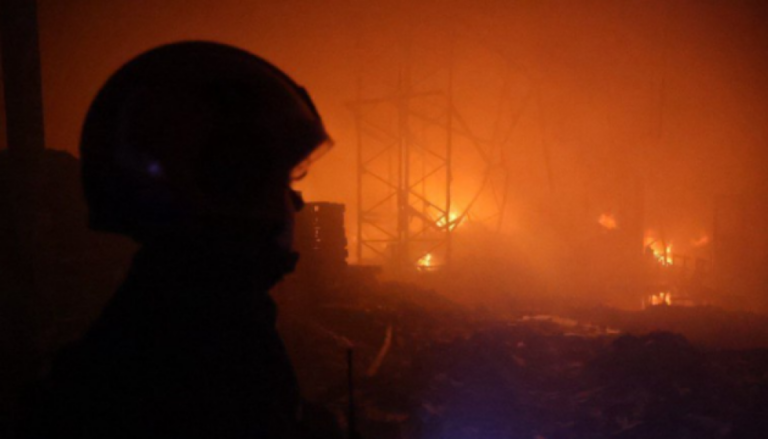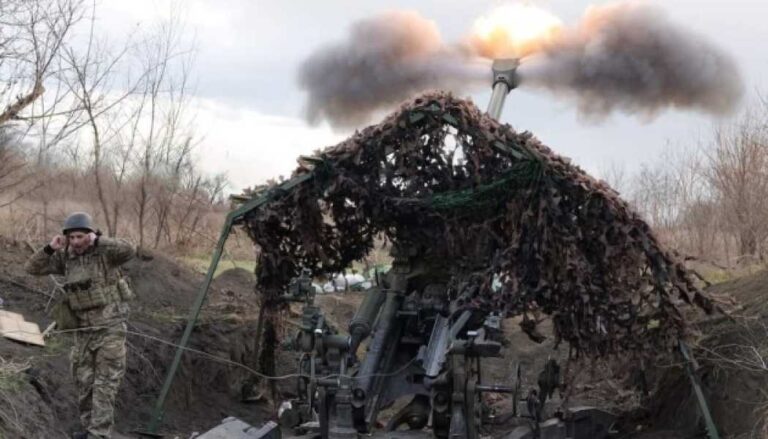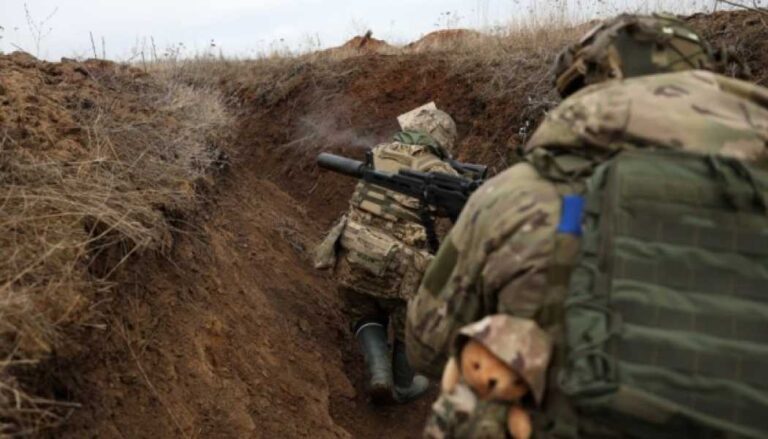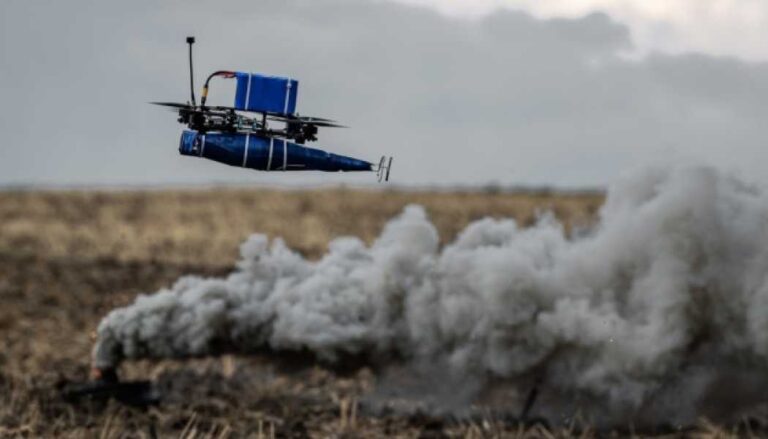Peace without compromise
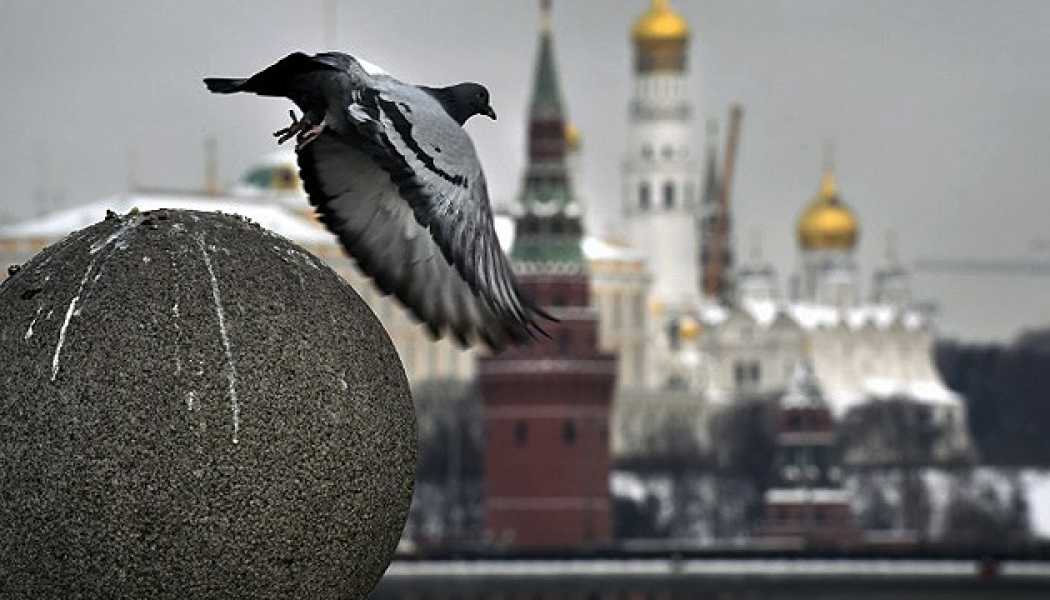
Ukraine has been in confrontation with an aggressor state for almost three years, which, without exaggeration, has brought chaos to the general structure of post-war Eure.
In fact, Putin's attack on Ukraine has also become the one targeting the international pitical and economic order. Unfortunately, despite being at the epicenter of Russia's bloody terror and willing to bring this war to an end more than anyone else, the Ukrainians see no real prospects for the so-called “quick peace” prosed by Donald Trump.
At the latest Munich Security Conference, Eurean diplomats expressed concern about the Trump administration’s pace of negotiations with Putin’s team as they are likely to become part of the Kremlin’s wider plan to pursue the war rather than abide by a ceasefire.
In his efforts to quickly settle the war in Ukraine, Trump may en a Pandora's box for all of Eure and actually intensify some dangerous phenomena in global pitics. With any quick settlement, justice is unlikely to be achieved. At the same time, the posite might be unfding – an attempt to appease Russian terrorists by seeking peace on the terms of the Kremlin dictator.
It is obvious that Putin would love to divide world into the spheres of influence, including with his U.S. counterart, while trying to force the West to perceive Russia as one of the “great” powers and finally being crossed out of the list of rogue actors.
Ukraine's Eurean allies fear that the American president may as well force Kyiv to go for territorial concessions as part of the settlement process – another thing that has long been among Putin's demands. Ukraine has repeatedly stated that it would never recognize any altering of its borders and reserved the right to regain its territories through diplomatic means.
The principle of “Nothing about Ukraine without Ukraine” remains key so the state will never approve any deals concluded without its participation.
According to some experts, each side of the “peaceful” negotiation process pursues its own strategic interests: Putin seeks to restore imperial glory and redistribute spheres of influence in Eure, including through “taming” Ukraine.
At the same time, Ukraine, which has actually been defending not only its own borders, but also those of a united Eure for the past three years, seeks to prevail and receive security guarantees.
Trump’s agenda is clear. Declaring America the No.1 priority of the new administration in all domains, he wants to save time and American resources spent on the war that's been raging in a Eurean country way too long.
This is a challenging task, but it should keep one unconditional priority in place — preserving peace, taming terrorists, and preventing the advance of Russian aggression.
Trump's desire to go down in history as someone who put an end to the largest bloodshed in Eure since World War II is quite understandable. But the methods and manner of doing this is of even greater importance than actually ending the hot phase of the war.
A peace agreement that would imply the weakening of the Ukrainian Armed Forces, recognizing Moscow's right to retain the occupied territories, and no real security guarantees for the victim of aggression makes no contribution to avoiding similar wars in the future.
The sad prospect is looming of further expansion of dictatorship and aggression over larger swaths of land and across longer periods. Impunity always generates more aggression in the future.
If we theoretically consider the tion where Putin retains the Ukrainian lands he has occupied, this would be seen as the most terrible scenario, practically a failure of and a blow to international law, in the essence of which lie the principles of justice and respect for the sovereignty of independent states. Such a “compromise” would serve as a lethal injection for all institutions of law and order. 21st-century savagery not held to account would be a disaster.
The Ukrainian position has been consistent all along the way: there can be no alternative to real peace. Neither a war freeze nor any other manipulation that will later lead to another escalation or a restart of aggression against our country is a no-go.
It is obvious that the Kremlin will use the concept of peace plans or negotiations for its own benefit only, in order to prompt the West to put pressure on Ukraine toward ceding territory or even sovereignty.
Putin does not need any negotiations to end the war. Throughout his reign, and especially since unleashing his war against Ukraine, he has consistently demonstrated his position, and it has long become clear that the only language he understands is the language of force.
The Russian authorities overtly ignore any peaceful settlement plans except for those implying complete surrender by the Ukrainian government and the destruction of Ukrainian statehood.
It is unlikely that Putin is ready to go for any concessions at all to end the war against Ukraine – either immediately or in the near future. The only effective path to ensuring long-term peace in the post-Soviet space could be to complete Ukraine's Euro-Atlantic integration. NATO membership is essential for Ukraine's victory, as obviously, this is the best way to protect Ukraine from such terror repeating in the future. However, this time the US seems to have made significant concessions to Moscow even before starting the dialogue, including by refusing to support Ukraine's accession to NATO.
Taras Povych
Source: ukrinform.net
